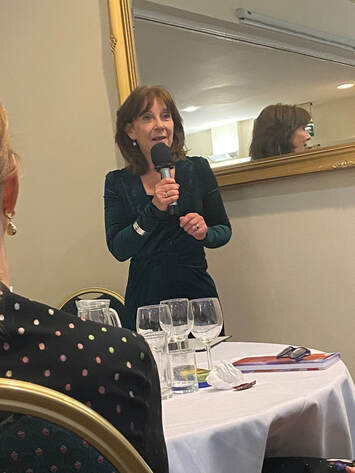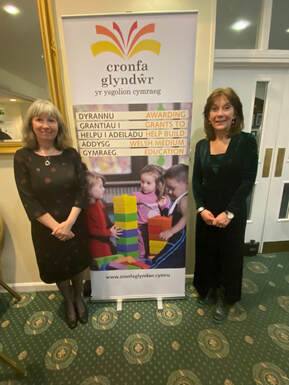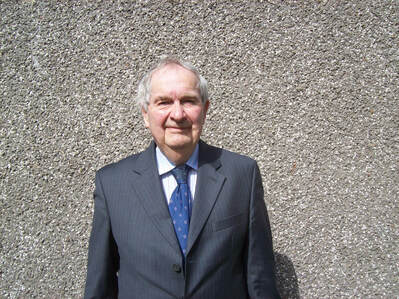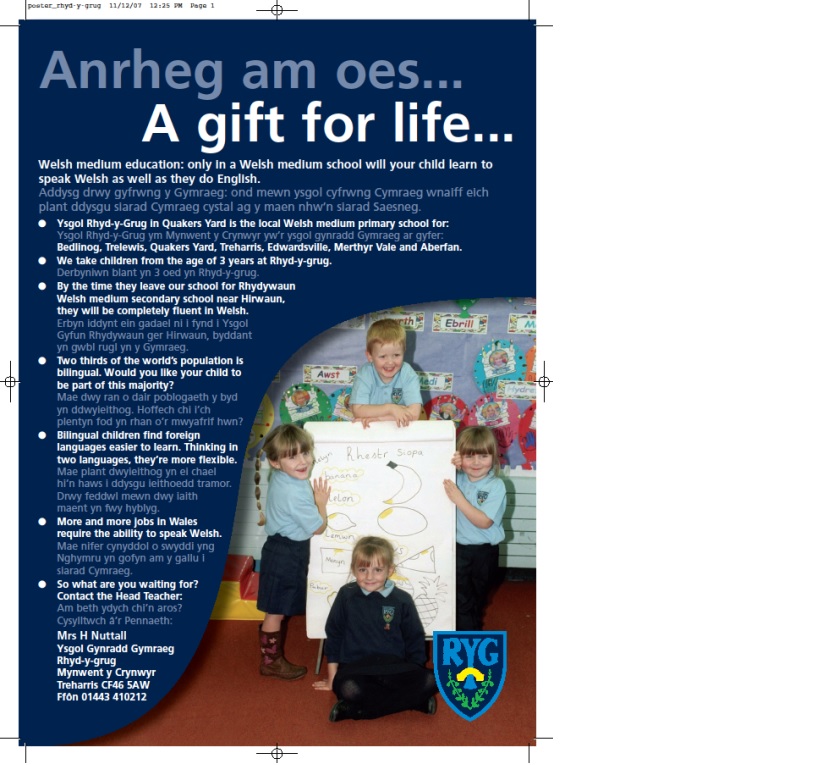Events
|
Contents:
The 2022 Dinner and Fundraiser 1 Our president Mr Cennard Davies 2. An electronic copy of a marketing poster – one example Mererid Hopwood our guest speaker for the evening dinner 2022
Mererid and our Chairperson Helen Prosser
1. Mr Cennard Davies
Mr Cennard Davies our president |
An example of a pamphlet published by Mudiad Ysgolion Meithryn / Menter Iaith Rhondda Cynon Taf with a donation of £1000 presented by Cronfa Glyndwr
Your browser does not support viewing this document. Click here to download the document.
| ||||||



